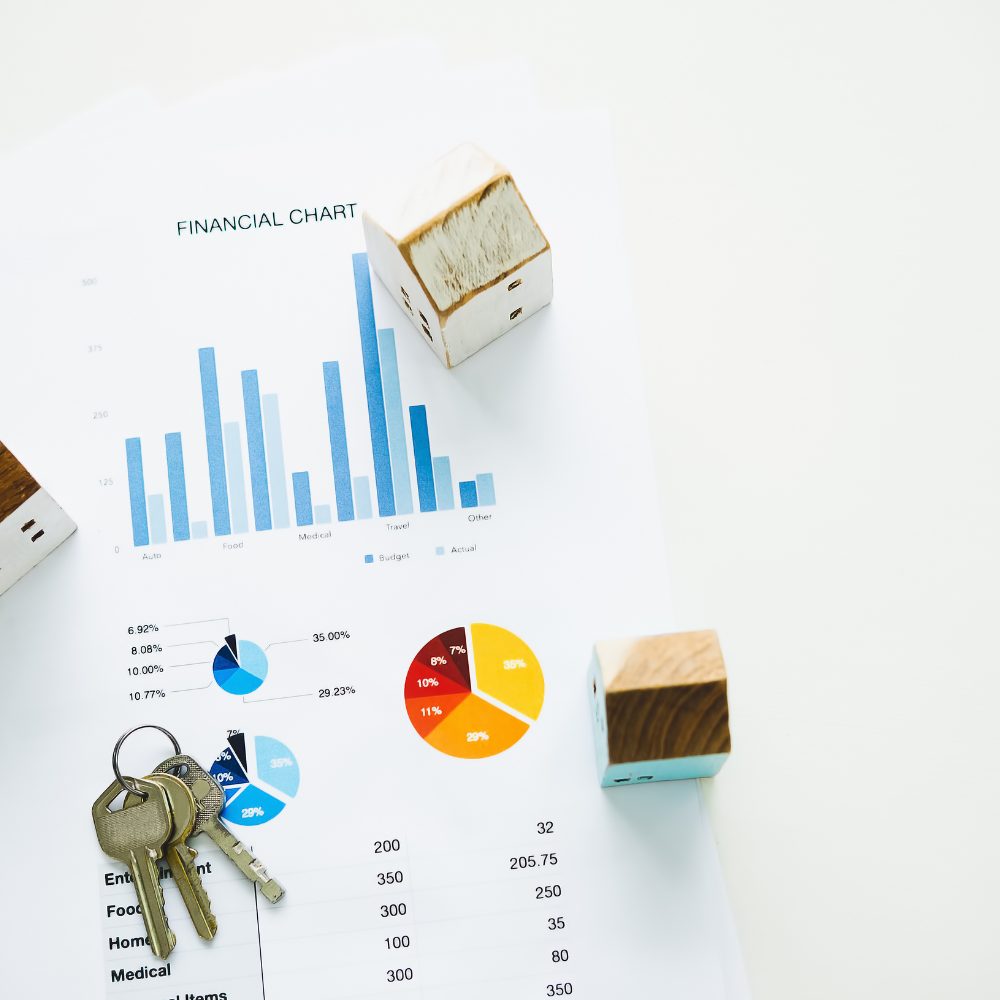Purchasing a home is a big decision that requires a significant financial commitment. It’s important to understand all of the costs involved in buying a home, so you can budget accordingly and make informed decisions. In this article, we’ll explore some of the various costs associated with purchasing a home.
Earnest Money
Down Payment
Closing Costs
Home Inspections
Property Taxes
Insurances
HOA/Regime Fees
Utilities and Maintenance
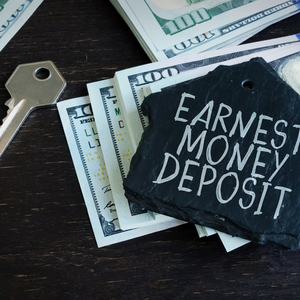
Earnest Money
Earnest Money is an amount of money detailed in the contract that you’ll pay once you go under contract (before closing). This money shows the seller that you are truly invested in purchasing their home. While there is no required amount for earnest money, you’ll discuss with your agent on an amount that seems fair and makes your offer strong. Earnest money is held until closing by a third party (most often, the law firm that you’ll be closing with). At closing, it is applied to the total amount due.
If you back out of the contract, there must be a release signed by both parties before the earnest money is released. There is no guarantee that the buyer will see these funds returned if a contract is cancelled. It’s best to consult with a lawyer and your real estate agent to make sure you fully understand how these funds will be distributed in the event of a cancelled contract.
Down Payment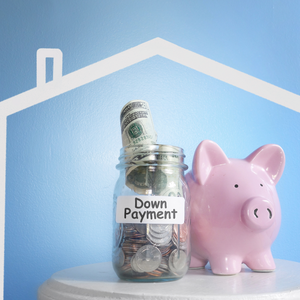
The down payment is the amount of money you pay upfront when you purchase a home. This is typically a percentage of the purchase price and can range from 3% to 20% or more, depending on the type of mortgage and the lender’s requirements. For example, if you’re purchasing a $300,000 home and your lender requires a 10% down payment, you would need to pay $30,000 upfront. The average down payment of home buyers across the country today is 11%.
There are some programs for low-income families that offer 100% financing with no down payment at all. Talking with a lender can determine which options you qualify for and give you a better idea of what kind of down payment will be required.
 Closing Costs
Closing Costs
Closing costs are additional fees associated with finalizing the purchase of a home. These costs can vary depending on the location and the price of the home, but typically range from 2% to 5% of the purchase price. Closing costs can include fees for the home appraisal, title search, title insurance, attorney fees, and other miscellaneous costs. For example, a popular practice these days is buying down the interest rate on a loan. In this case, points would be paid to the lender at closing, becoming another closing cost.
If you’re working with a buyer’s agent, their commission may be included in the closing costs as well. In our area, this fee is typically covered by the sellers, though some brokerages may charge a fee for their services. Make sure you discuss this with your real estate agent to know what (if any) kind of real estate fees to expect.
Home Inspections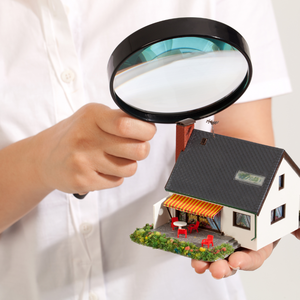
A home inspection is an important step in the home buying process that can help identify any potential issues with the property. The cost of a home inspection can vary depending on the location and the size of the home, but typically ranges from $300 to $500. There are also multiple types of home inspections, the CL100 being a common test in South Carolina for the condition of wood in homes. Often times, lenders require certain inspections be completed before they’ll fund the loan.
Costs for inspections are typically paid for outside of closing. If you get an inspection done on a home and back out of the contract, you’ll need to remember that the inspector will still require payment.
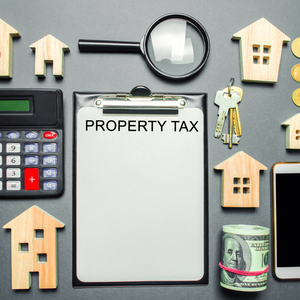 Property Taxes
Property Taxes
Property taxes are taxes assessed by the local government based on the value of the property. The cost of property taxes can vary depending on the location and the value of the home, but can add up to several thousand dollars per year. In South Carolina, your home is immediately taxed as a 6% rate, but you can apply with your county for a 4% tax rate if the home is your primary home. Some lenders will incorporate your taxes into your mortgage payments throughout the year.
Insurances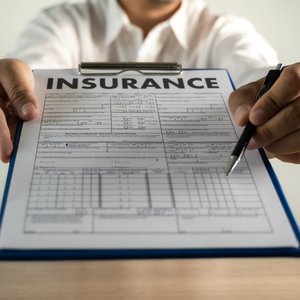
Homeowners insurance is a type of insurance that protects the property and its contents from damage or loss. The cost of homeowners insurance can vary depending on the location, the value of the home, and the insurance company, but typically ranges from $800 to $1,500 per year. There are different types of insurance for South Carolina. Flood prone areas will require flood insurance and it’s smart to invest in insurance for catastrophes with the chance of hurricanes in the area.
There is also something called Private Mortgage Insurance (PMI). This type of insurance is used by lenders when less than a certain amount of money has been placed down on the home. Title insurance is another form of insurance that could possibly be applied to your purchase.
 HOA and Regime Fees
HOA and Regime Fees
Many HOAs require a transfer fee to transfer membership from the seller to the new owners. While this is something that can be negotiated prior to going under contract, be aware that the responsibility tends to fall with the buyers. There may be additional initial fees as well to fully comply with the HOA. You can request a copy of the Bylaws and Covenants and Restrictions prior to making an offer to make sure these costs are taken into account.
HOA fees tend to be recurring on a monthly or bi-annual basis. Make sure to have a copy of expectations from the HOA so there’s no surprise once your purchase is complete.
Utilities and Maintenance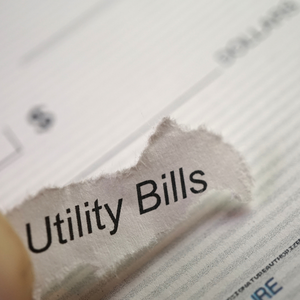
In addition to the upfront costs associated with purchasing a home, it’s important to budget for ongoing expenses such as utilities and maintenance. Utilities can include electricity, gas, water, and internet, and can add up to several hundred dollars per month. Maintenance costs can vary depending on the age and condition of the home, but it’s important to budget for ongoing repairs and maintenance.
Purchasing a home is a significant financial commitment that requires careful planning and budgeting. In addition to the down payment and closing costs, it’s important to budget for ongoing expenses such as property taxes, homeowners insurance, utilities, and maintenance. By understanding the costs associated with purchasing a home, you can make informed decisions and avoid any unexpected financial surprises.


